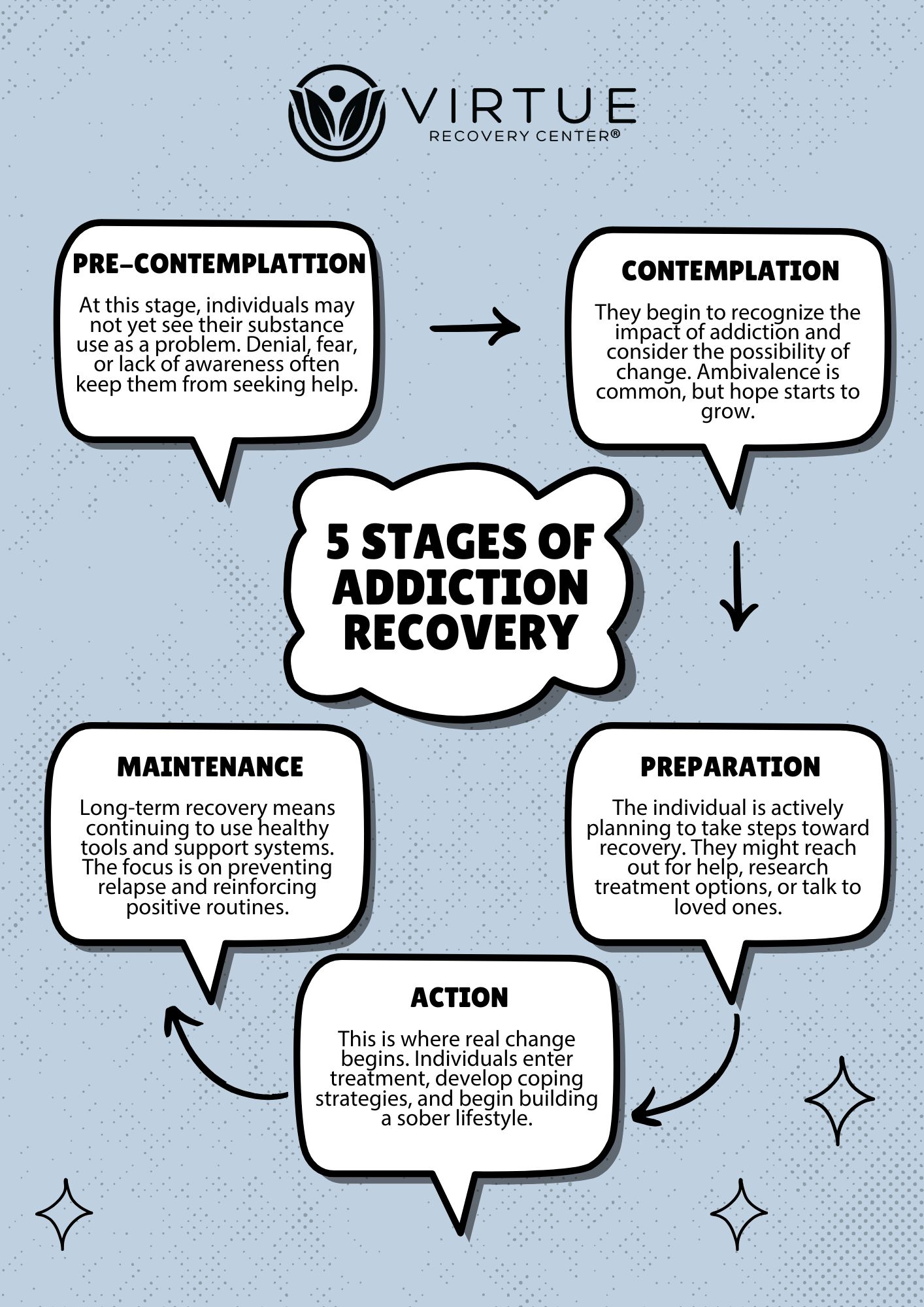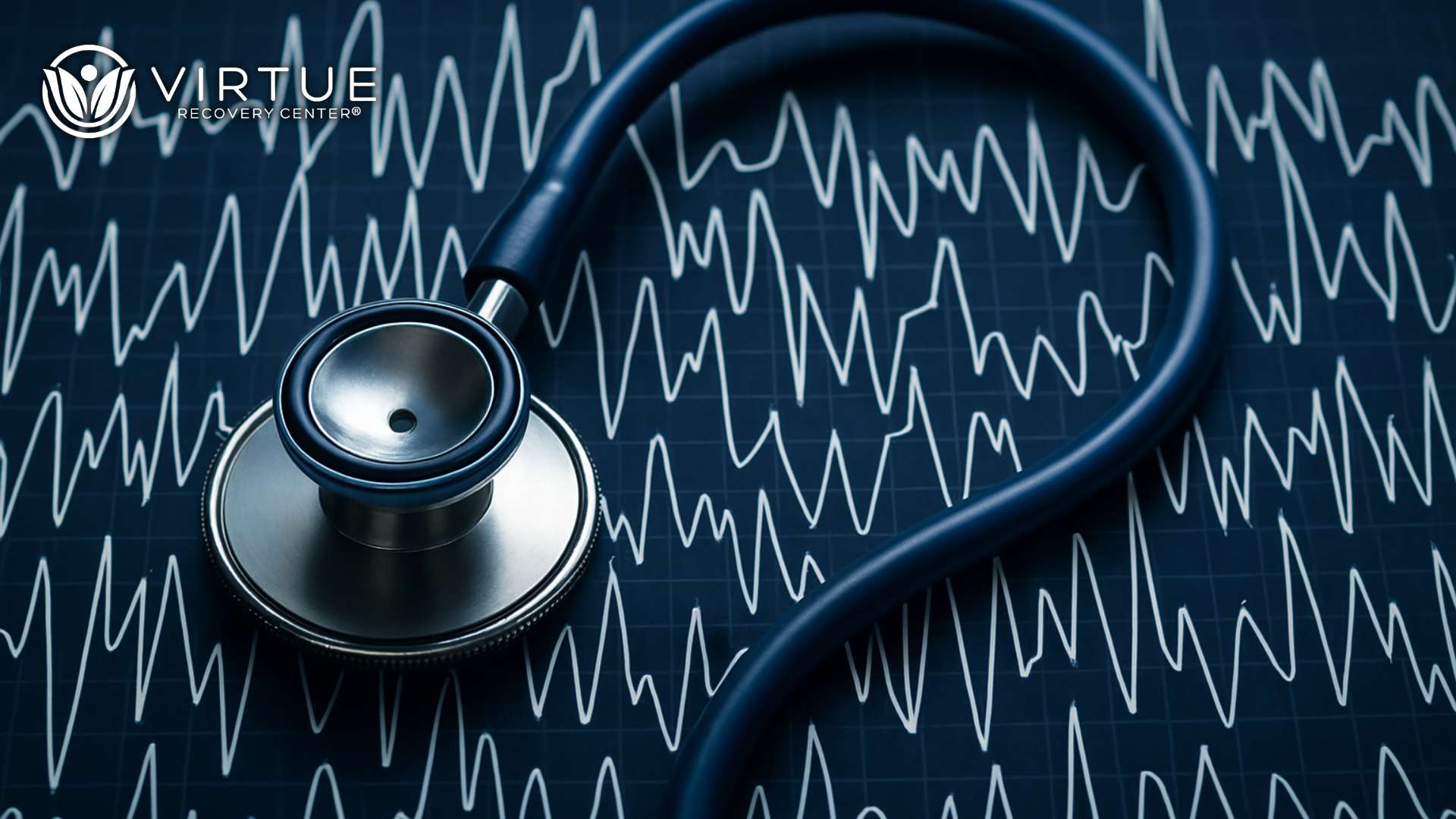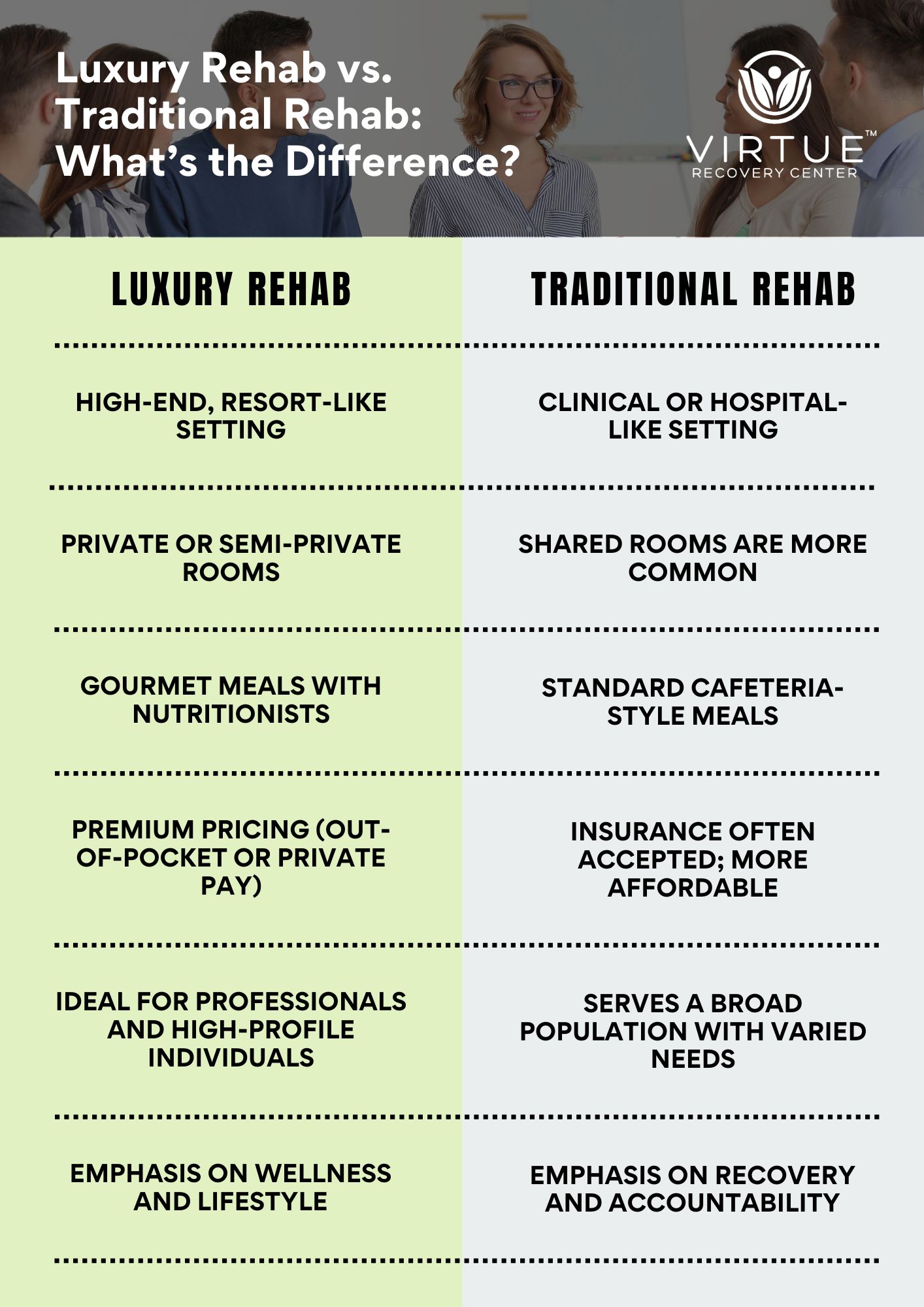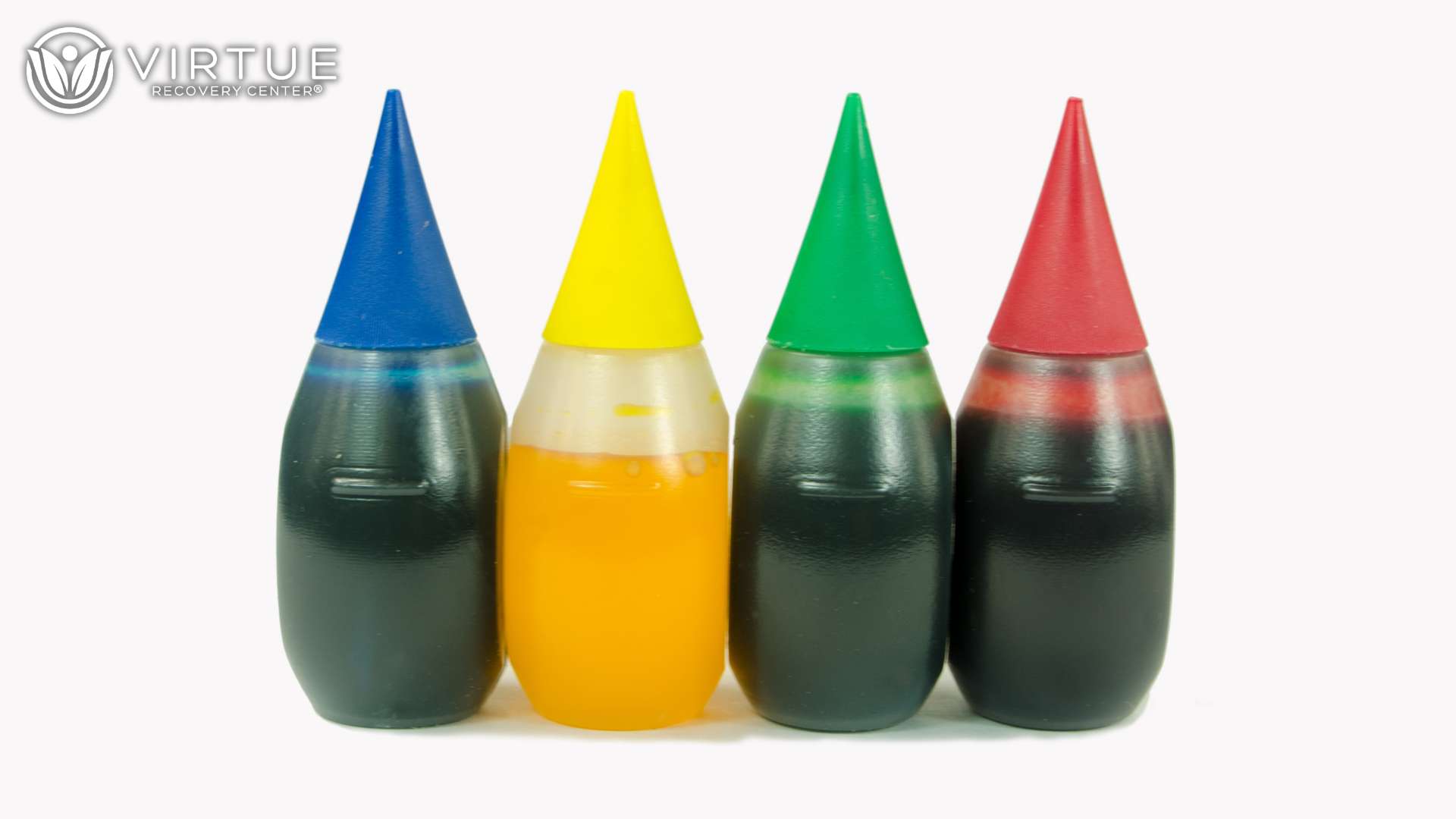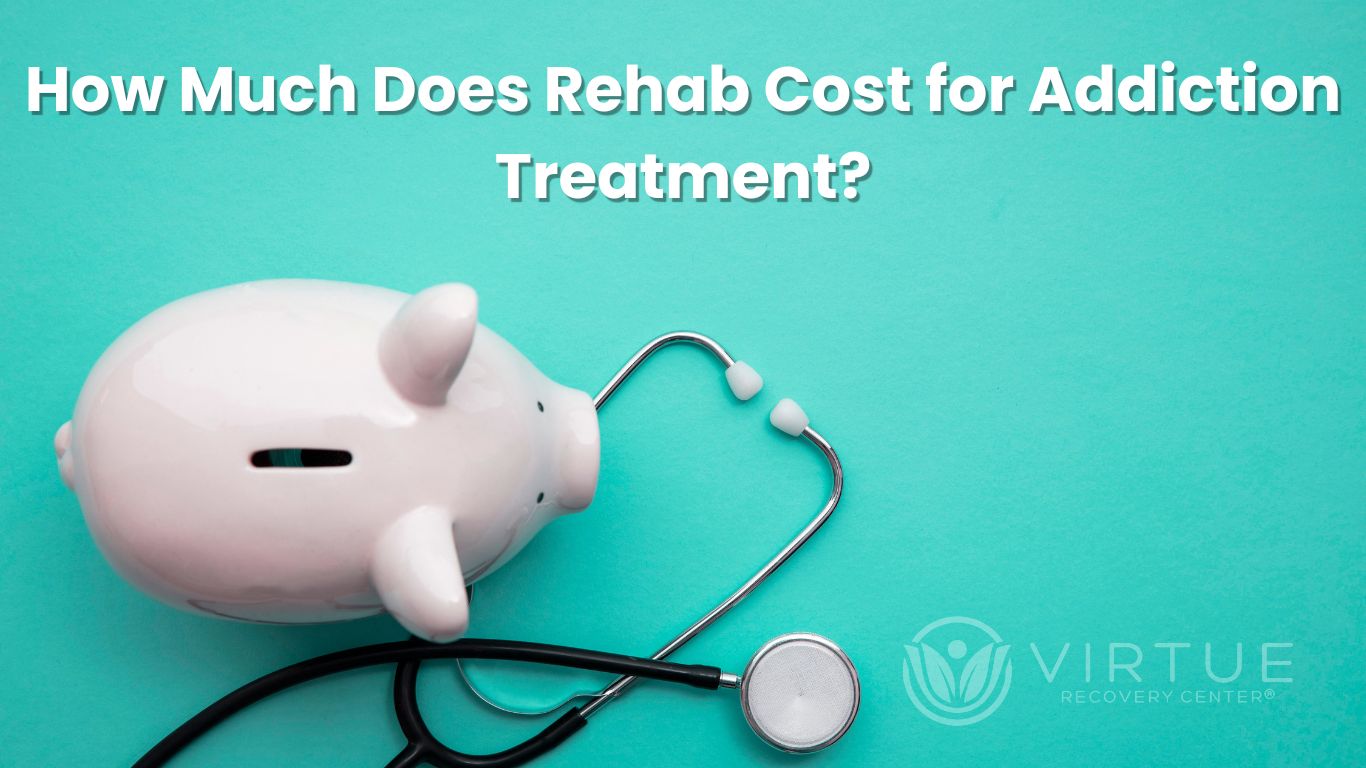Opioid and Opiate Addiction Treatment at Virtue Recovery Las Vegas
 Both opioids and opiates are highly addictive substances that are often prescribed as part of a pain management plan. Opioids are made from opium poppy or synthetic materials, while opiates are only derived from opium poppy. Addiction to these medications can be a serious issue that needs specialized treatment to address the underlying problems effectively.
Both opioids and opiates are highly addictive substances that are often prescribed as part of a pain management plan. Opioids are made from opium poppy or synthetic materials, while opiates are only derived from opium poppy. Addiction to these medications can be a serious issue that needs specialized treatment to address the underlying problems effectively.
Our opioid and opiate rehab program specializes in helping people struggling with addiction to opioids and opiates. We offer evidence-based treatment programs and are committed to providing compassionate care. At Virtue Recovery Las Vegas, we understand the challenges that come with these addictions and are dedicated to helping you on your path to sobriety. If you’re interested in our substance abuse treatment program options, please call us at 866.520.2861 to speak with our compassionate and experienced team of professionals.
What Is Opioid and Opiate Use Disorder?
Opioid and opiate abuse involve the improper use of prescription painkillers such as OxyContin and Percocet or illegal drugs like heroin. These drugs are potent central nervous system depressants that can relieve pain and cause feelings of happiness. But if misused, they can cause addiction, dependency, and severe health dangers.
Many people start using or are prescribed opioids or opiates to ease pain. However, with time, the body can become tolerant to the medication, and one will need higher dosages to get the same result. Eventually, the body may become dependent on the drug to work normally. Sadly, some people get addicted to these drugs and continue to use them even when they experience negative fallout.
Opioid and opiate abuse can have profound dangers, including:
- Social issues, including job loss, financial issues due to drug cost, damaged relationships, and social isolation
- Physical health issues such as respiratory problems, liver damage, and heart complications
- Mental health conditions like depression and anxiety
Misusing these drugs also significantly increases the chances of overdose.
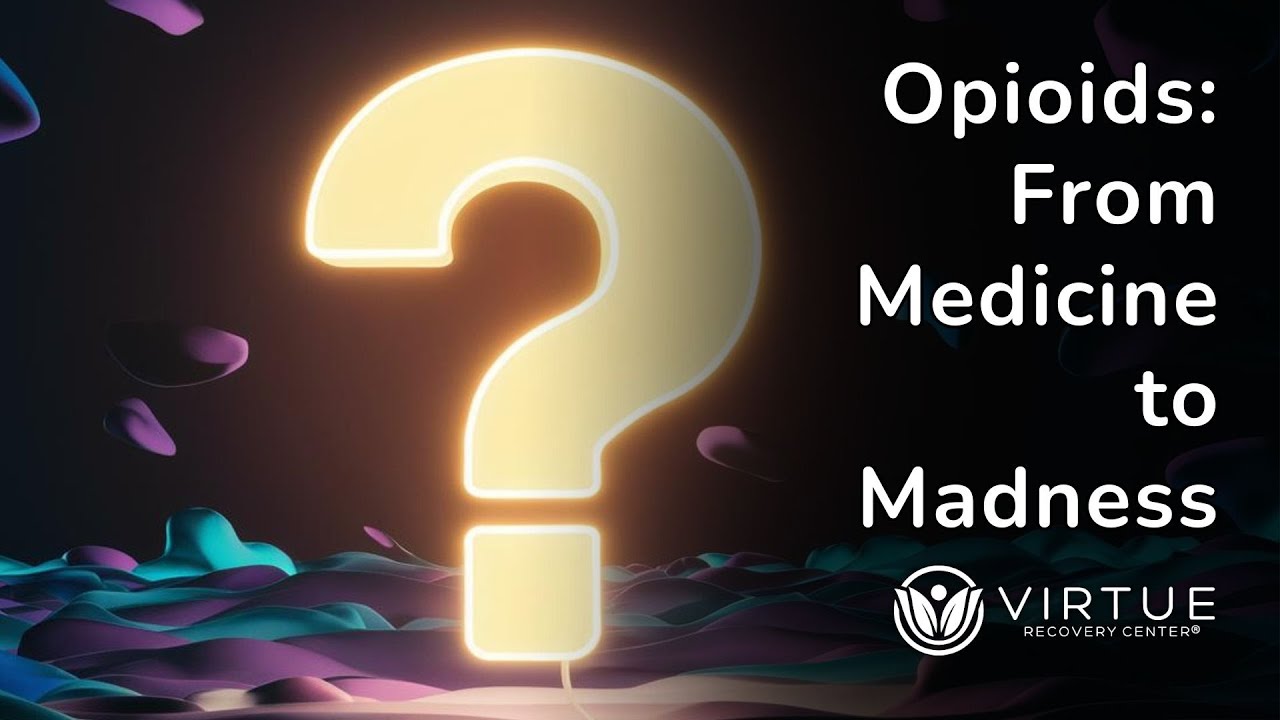
How Does Opioid Addiction Develop?
Opioid addiction often starts with a prescription for pain relief. These medications are effective but highly addictive, especially when used over long periods or in higher doses than prescribed. Many people begin using opioids for valid medical reasons but become dependent as their tolerance increases, requiring more of the drug to achieve the same effect.
As tolerance builds, individuals may misuse their prescriptions or turn to illegal opioids like heroin or fentanyl. This progression is often fueled by the drug’s impact on the brain’s reward system. Opioids flood the brain with dopamine, creating feelings of intense pleasure. Over time, the brain stops producing dopamine naturally, leaving the user reliant on opioids to feel normal.
Environmental factors, such as stress, trauma, or peer pressure, can also play a significant role in the development of addiction. The combination of physical dependency and psychological triggers makes opioid addiction one of the most challenging forms of substance abuse to overcome without professional help.
What Are The Dangers of Opioid Abuse?
Opioid abuse is incredibly dangerous and poses severe risks to physical and mental health. One of the most alarming dangers is the high risk of overdose, which occurs when the body’s respiratory system is suppressed to the point of failure. Even a small miscalculation in dosage, particularly with powerful opioids like fentanyl, can be fatal.
Long-term opioid abuse can damage vital organs, including the heart, liver, and kidneys. It also weakens the immune system, making users more susceptible to infections. Chronic constipation, hormonal imbalances, and severe gastrointestinal issues are common side effects.
Mentally, opioid addiction often leads to depression, anxiety, and cognitive impairments. The impact on relationships, careers, and financial stability can cause additional stress and isolation. Socially, opioid abuse is often linked to criminal activities, such as doctor shopping, theft, or drug trafficking, which can result in legal issues.
The combination of these physical, emotional, and social consequences highlights the urgent need for professional treatment to address both the addiction and its underlying causes.
Our Approach to Opioid and Opiate Addiction Treatment
Virtue Recovery Las Vegas provides a comprehensive approach to treating opioid and opiate addiction. Our licensed professionals are committed to guiding you toward recovery through the following:
Residential Treatment – Our immersive, 24/7 care provides a structured environment with access to therapy, medical support, and wellness services, allowing you to focus fully on recovery without outside distractions.
Outpatient Treatment – We offer flexible programs like Partial Hospitalization (PHP) and Intensive Outpatient (IOP) for those who need continued support while maintaining work, school, or family responsibilities.
Counseling – Both individual and group counseling can assist you in recognizing triggers, creating effective coping mechanisms, and establishing a network of support.
Medication-Assisted Treatment (MAT) – This treatment utilizes a combination of medication and therapy to manage withdrawal symptoms and minimize cravings.
Relapse Prevention Planning and Aftercare – We will collaborate with you to create a customized strategy for relapse. When your treatment program ends, we provide aftercare services to ensure you continue receiving support.
Our goal is to help clients build the healthy coping skills for lasting recovery.
What to Expect From Opioid Addiction Treatment
At Virtue Recovery Las Vegas, opioid addiction treatment begins with a personalized approach tailored to each client’s unique needs. The process typically starts with medically supervised detox to manage withdrawal symptoms, such as muscle aches, nausea, and intense cravings. Our medical team provides 24/7 care to ensure the detox process is safe and as comfortable as possible. Our luxury state-of-the-art facility offers private suites, chef-catered meals, and holistic therapies.
Once detox is complete, clients transition into therapy and counseling. Individual therapy, such as Cognitive Behavioral Therapy (CBT), helps clients identify and address the root causes of their addiction. Group therapy offers peer support and fosters a sense of community, while family therapy works to heal relationships and rebuild trust.
Holistic therapies like mindfulness, yoga, and fitness programs are integrated to promote emotional and physical healing. These approaches help clients develop healthy coping strategies and regain a sense of balance in their lives.
We also offer a full continuum of outpatient treatment options—including Partial Hospitalization (PHP) and Intensive Outpatient Programs (IOP)—to support clients who need structured care with flexibility. These outpatient services provide continued access to therapy, group support, and clinical care while allowing individuals to maintain their responsibilities at home or work.
We also focus heavily on relapse prevention, providing clients with tools to manage triggers and maintain long-term sobriety. Aftercare planning ensures that each individual has access to ongoing support through alumni programs, outpatient care, and continued counseling.
Why Get Opioid Addiction Treatment at Virtue Recovery Las Vegas?
Virtue Recovery Las Vegas offers a comprehensive, client-centered approach to opioid addiction treatment in a luxurious and supportive environment. Our experienced team of medical professionals and therapists provides personalized care to ensure the best possible outcomes for each client.
Our facility is designed with comfort in mind, featuring private rooms, chef-prepared meals, and state-of-the-art amenities. This tranquil setting allows clients to focus entirely on their recovery without unnecessary distractions.
Our outpatient facility is centrally located in Las Vegas and offers PHP and IOP for flexible treatment options.
We take a holistic approach to treatment, addressing not just the addiction but also the physical, emotional, and psychological factors contributing to it. From evidence-based therapies to holistic practices like yoga and mindfulness, we offer a well-rounded program tailored to individual needs.
What sets Virtue Recovery apart is our dual-diagnosis care, which addresses co-occurring mental health conditions such as anxiety, depression, or PTSD. We understand that these underlying issues often fuel addiction, and our comprehensive approach ensures they are treated alongside substance abuse.
Recovery is a lifelong journey, and we’re committed to supporting clients every step of the way. With relapse prevention strategies, aftercare planning, and alumni programs, Virtue Recovery Las Vegas empowers individuals to reclaim their lives and build a brighter future.
If you or someone you love is struggling with opioid addiction, don’t wait. Contact Virtue Recovery Las Vegas today and take the first step toward lasting recovery.
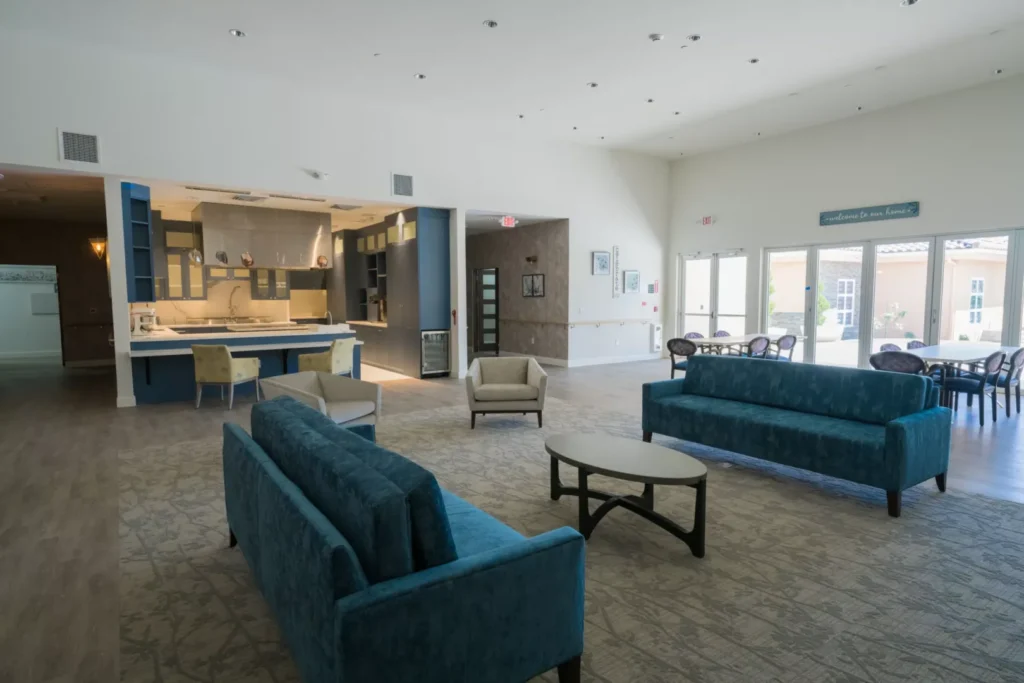
Private Suites Facility
Corbett Facility
Luxurious, private rooms for a serene, personalized recovery experience with utmost privacy.
🏢 Address: 9230 Corbett St, Las Vegas, NV 89149
🕓 Hours: Open 24 hours
Luxury Amenities
Access to high-end amenities, ensuring a comfortable stay while focusing on your health and well-being.
Personalized Care
Benefit from customized treatment plans, with one-on-one therapy sessions tailored to your unique recovery needs.
Privacy and Comfort
Enjoy the solitude of a private room, providing a peaceful environment conducive to healing and reflection.
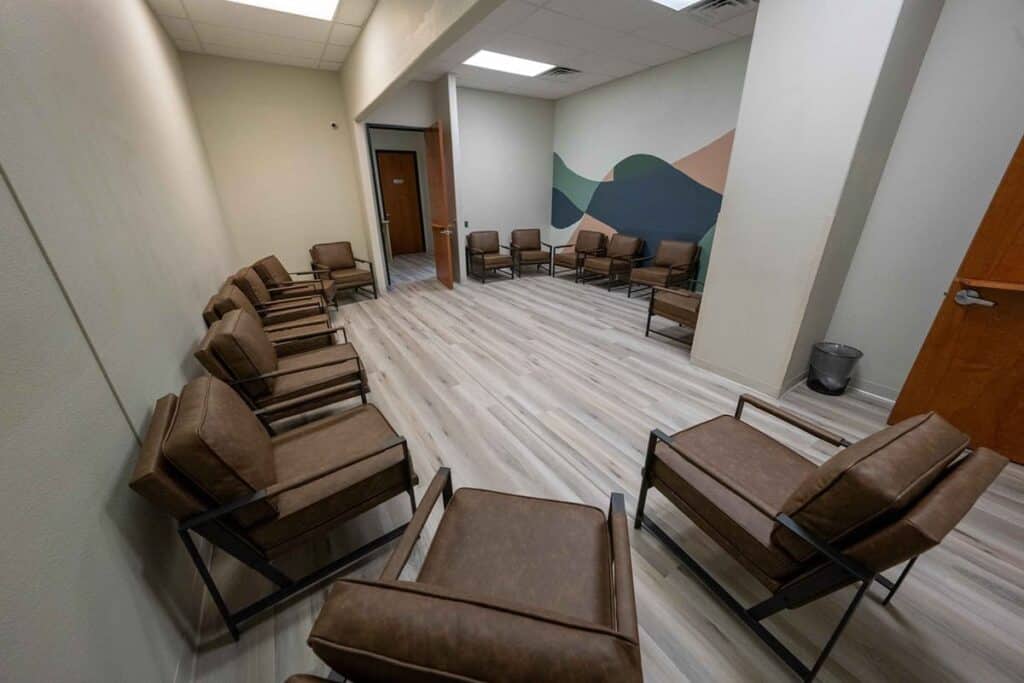
Outpatient Services Center
Montessouri Outpatient
Flexible outpatient care with daily life balance, offering structured therapy and support. Offering IOP, PHP, and aftercare with flexible hours from 8am to 8pm to suit your busy schedule.
🏢 Address: 2585 Montessouri St # 100, Las Vegas, NV 89117
🕓 Hours: Open 8am to 8pm
Flexibility
Tailor treatment to fit your schedule, allowing you to maintain work and family commitments while receiving care.
Community Connection
Stay connected to your support network at home, enhancing your recovery journey with familiar surroundings.
Continued Care
Ideal for transitioning from more intensive treatment, supporting long-term recovery with structured outpatient services.
Call Today for Opioid and Opiate Addiction Treatment at Virtue Recovery Las Vegas
At Virtue Recovery Las Vegas, we offer top-quality care and support to help you overcome addiction. Even though it’s a challenging process, with the proper assistance, defeating addiction is possible. Don’t let opiate and opioid addiction have control over you. Contact us at 866.520.2861 today, and take the first step towards a brighter, healthier future. You deserve the care you need.
FAQs About Opioid & Opiate Addiction Treatment at Virtue Recovery Las Vegas
Yes, we provide medically supervised detox to help clients safely and comfortably manage withdrawal symptoms.
Yes, all clients are accommodated in private rooms with private bathrooms for maximum comfort and privacy.
Yes, there is a 72-hour blackout period for cell phones during the initial stages of treatment to encourage full focus on recovery.
Yes, we specialize in dual-diagnosis care, treating co-occurring mental health conditions alongside opioid addiction.
Yes, clients are allowed to smoke or vape in designated areas.
We maintain a low staff-to-client ratio to ensure personalized attention and care for every individual.
Yes, we provide an inclusive and supportive environment tailored to the unique needs of LGBTQ+ clients.
Yes, we offer MAT as part of our program to help manage cravings and withdrawal symptoms under medical supervision.
We use trauma-informed care and specialized therapies to help clients process and heal from trauma that may contribute to their addiction.
Clients participate in therapy sessions, group activities, holistic practices, and personal reflection time as part of a structured daily schedule.
Glossary of Terms for Opioid Addiction Treatment
Opioids
A class of drugs that includes prescription painkillers (like oxycodone, hydrocodone, and fentanyl) and illegal drugs like heroin, known for their pain-relieving and euphoric effects.
Opiates
A subset of opioids derived naturally from the opium poppy plant, including drugs like morphine and codeine. Opiates are often used interchangeably with opioids in discussions about addiction.
Opioid Use Disorder (OUD)
A medical condition characterized by the compulsive use of opioids, leading to significant impairment in daily functioning, relationships, and health.
Detoxification (Detox)
The medically supervised process of safely removing opioids from the body is often accompanied by the management of withdrawal symptoms.
Withdrawal Symptoms
Physical and psychological symptoms that occur when stopping or reducing opioid use include muscle aches, anxiety, nausea, sweating, and cravings.
Medication-Assisted Treatment (MAT)
The use of FDA-approved medications, such as methadone, buprenorphine, or naltrexone, combined with therapy to reduce cravings and withdrawal symptoms.
Cognitive Behavioral Therapy (CBT)
An evidence-based therapy that helps individuals identify and change thought patterns and behaviors that contribute to opioid addiction.
Dual Diagnosis
A treatment approach that addresses both opioid addiction and co-occurring mental health disorders, such as depression, PTSD, or anxiety.
Relapse Prevention
A set of strategies designed to help individuals identify triggers, manage cravings, and maintain long-term sobriety after treatment.
Triggers
Internal or external cues—such as stress, environments, or certain memories—can lead to cravings or relapse if not effectively managed.
Trauma-Informed Care
A therapeutic approach that acknowledges the role of past trauma in addiction and ensures clients feel safe and supported during their recovery journey.
Holistic Treatment
A comprehensive approach addresses recovery’s physical, mental, and emotional aspects through practices like mindfulness, yoga, nutrition, and fitness programs.
Overdose
A life-threatening condition caused by consuming a toxic amount of opioids, often leading to respiratory failure and requiring immediate medical intervention.
Naloxone (Narcan)
A life-saving medication used to reverse the effects of an opioid overdose, commonly available to individuals and first responders.
Aftercare
Ongoing support, therapy, and resources are provided after completing treatment to help clients maintain sobriety and prevent relapse.
Fentanyl
A synthetic opioid that is 50–100 times more potent than morphine and often contributes to accidental overdoses due to its extreme strength.

